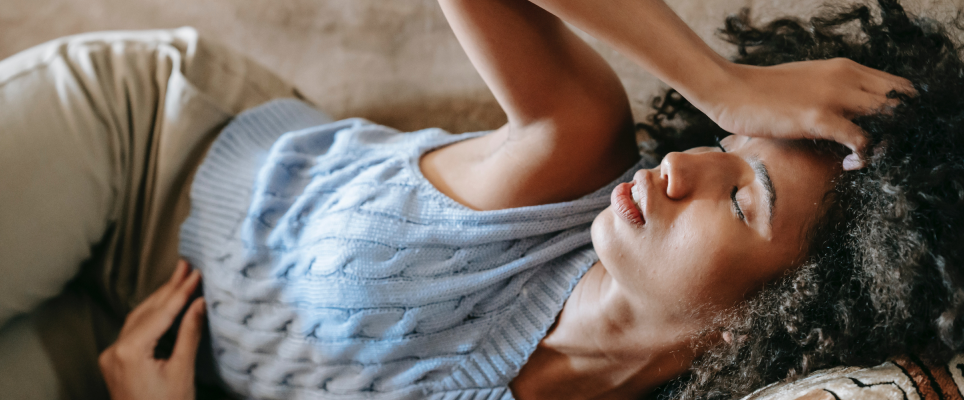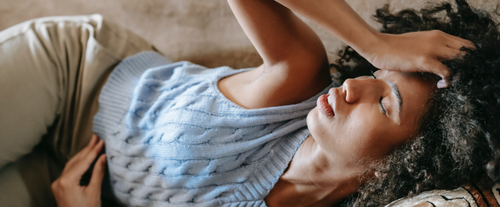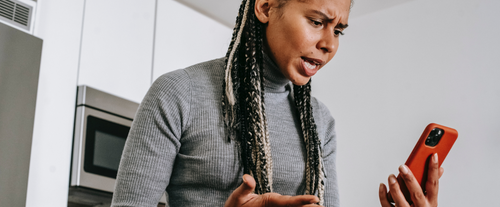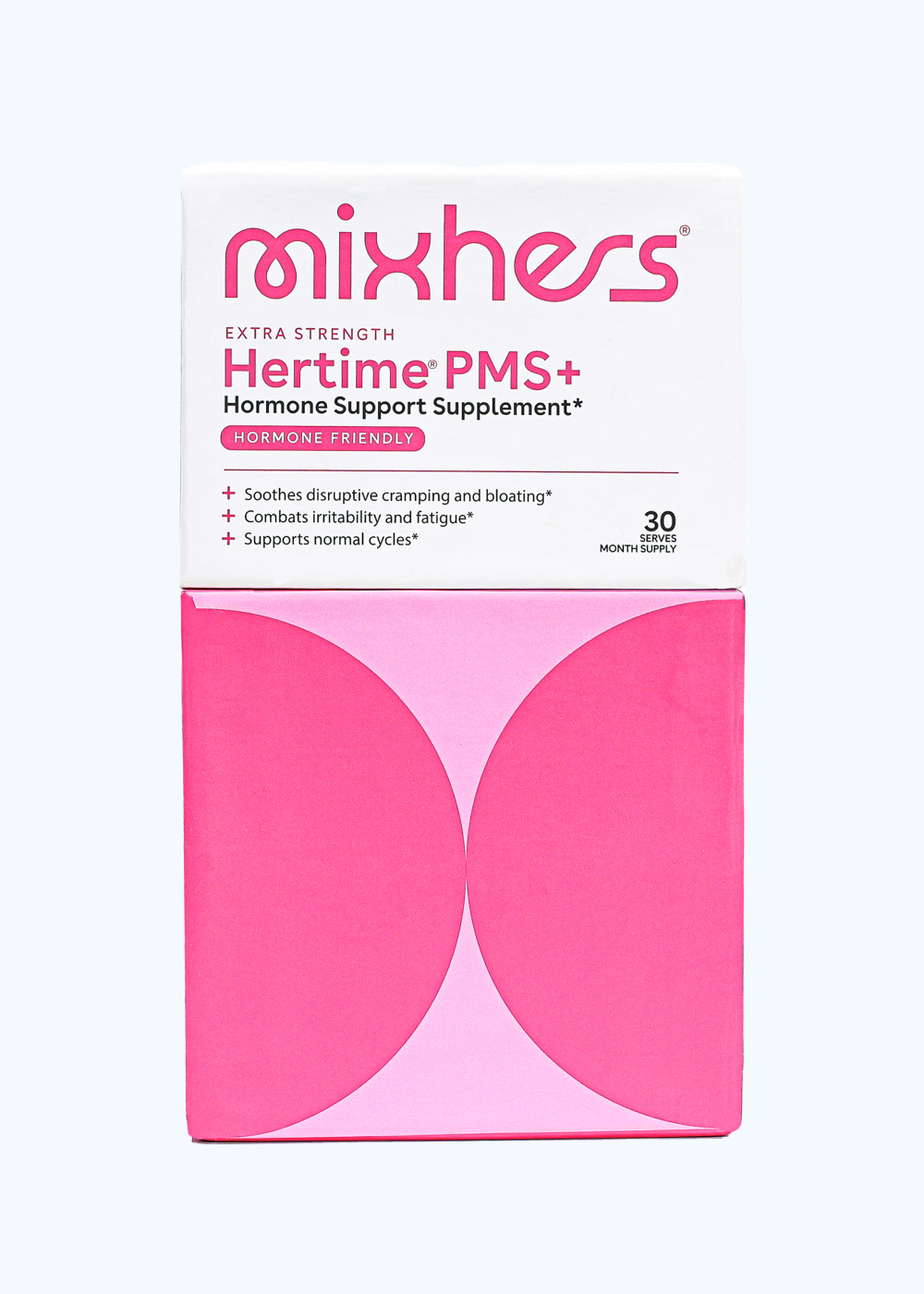Are muscle aches during your period disrupting your daily life? Learn more about this common medical condition, the potential causes, and effective ways to address it.
Does your period make a dramatic entrance every month? If you deal with intense menstrual cramps, period flu, heavy bleeding, or premenstrual syndrome (PMS), you're not alone. PMS often leads to symptoms like muscle aches, headaches, and lower back pain, which can feel as debilitating as sciatica. These aches may stem from hormonal changes or underlying gynecological issues, such as uterine growths, lesions, or scar tissue. They can make it challenging to focus on responsibilities or enjoy daily activities.
If you’re ready to regain control over your health, there are options to explore. Healthcare strategies such as laparoscopy to address growths or taking contraceptives like birth control pills can help manage severe symptoms. Over-the-counter solutions, such as ibuprofen, can also provide quick relief. Additionally, lifestyle changes like eating smaller meals or trying Hertime to balance your hormones may reduce the impact of painful periods.












